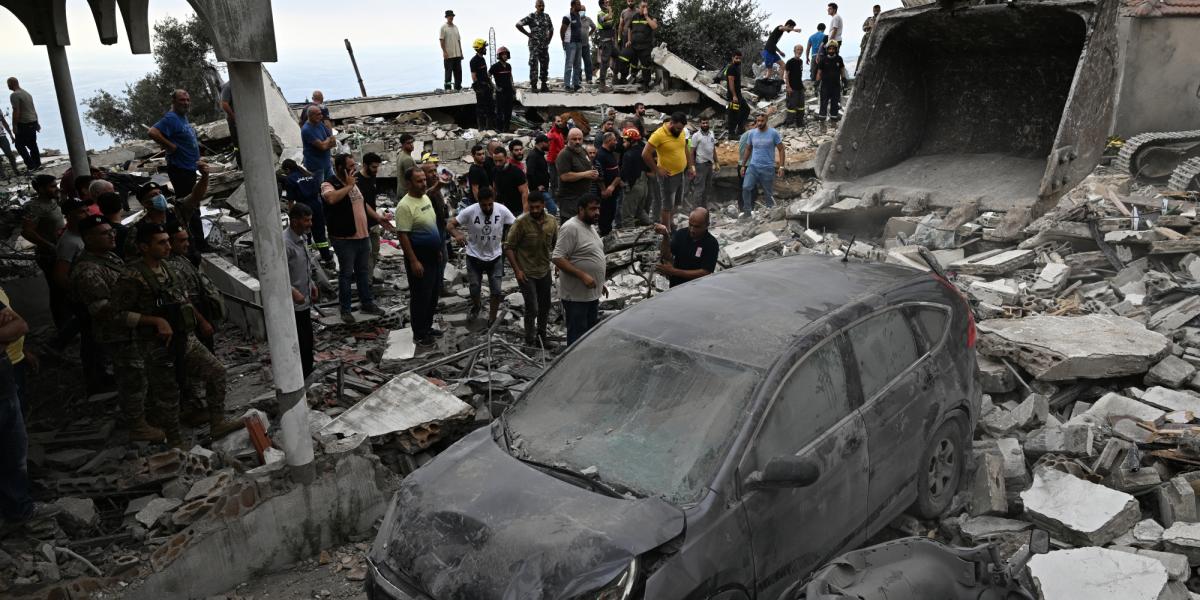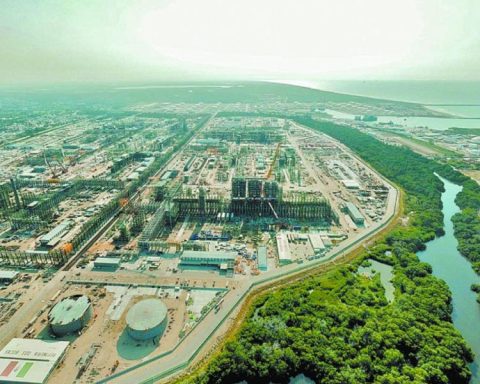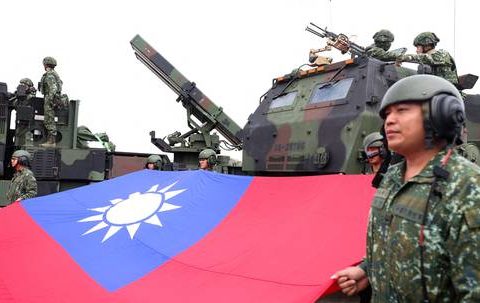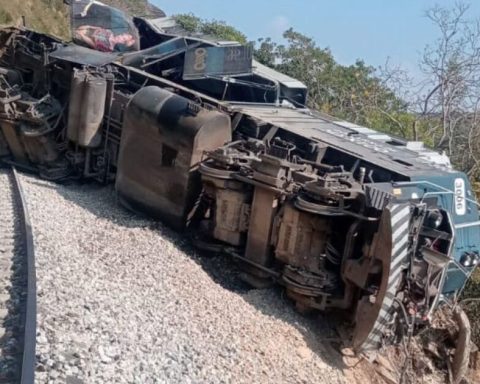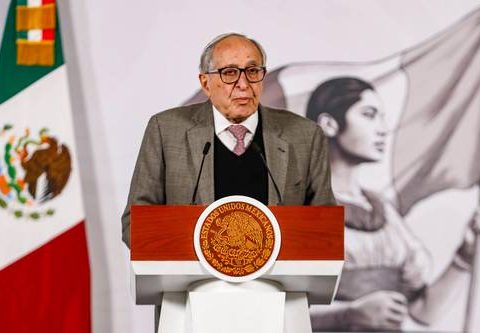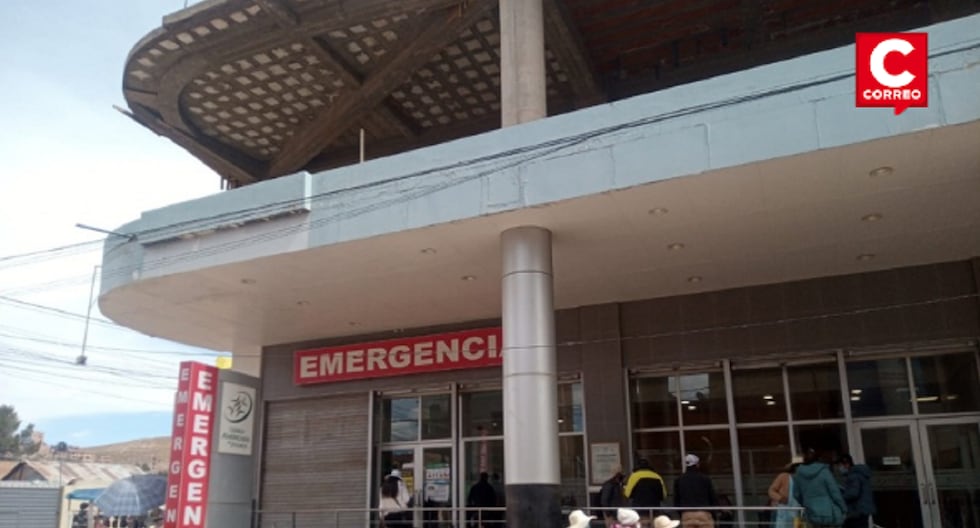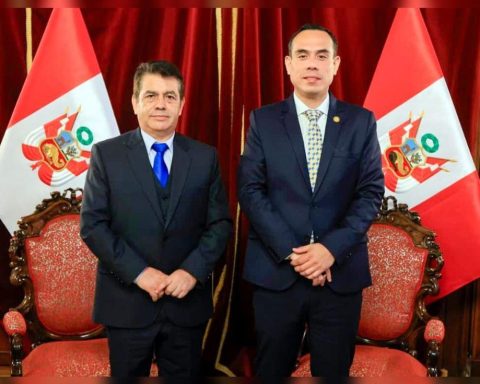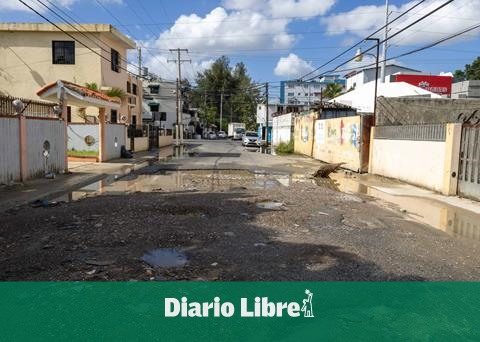The blue helmets of the UN They are determined to remain in the border area in southern Lebanon, despite the demands of the Israeli army and the attacks that left five injured, their spokesperson told AFP on Saturday.
“Israeli forces asked us to abandon our positions on the Blue Line from the border to five kilometers from the Blue Line (…), but there was a unanimous decision to stay, because the UN flag must fly in this area” that separates Israel and Lebanon, explained Andrea Tenenti, spokesperson for the United Nations peacekeeping force in Lebanon, Finul.
This body, which has 10,000 troops, is under crossfire between Israel and Hezbollahwho have been in open war for three weeks.
The UN peacekeeping force on Thursday accused Israeli troops of shooting “repeatedly” and “deliberately” against their positions, which provoked strong international condemnation. Since then, five peacekeepers have been injured, at least two of them by Israeli gunfire.
Tenenti explained that the decision to remain was made despite the “very, very difficult” conditions and that the fighting between Israel and Hezbollah has caused “a lot of damage” to their positions, “even within the bases.”
“Just last night, at the Ghanaian peacekeepers’ position, just outside, the explosion was so strong that it severely destroyed some of the containers inside,” he said.
Hezbollah opened a front in northern Israel in October 2023 in “support” for Hamas, which started the war in Gaza with its deadly October 7 attack.
“Blue helmets have to stay in bunkers (…) and it is very difficult to live like this for 12 months, because this did not start yesterday,” declared the Finul spokesperson. Today, it is “very difficult to continue surveillance activities because the bombings are incessant,” he added. .
The spokesperson recalled that the main mission of Finul has been, dSince its deployment in 1978 and its reinforcement in 2006 after the war that year between Israel and Hezbollah, guarantee the cessation of hostilities.
“We speak periodically with both parties to initiate a de-escalation and warn them because attacking peacekeepers is not only a violation of resolution 1701 (which ended the war) but also of international humanitarian law,” he adds.
Tenenti also stated that the conflict threatens to “very soon become a regional conflict with catastrophic consequences for everyone.
